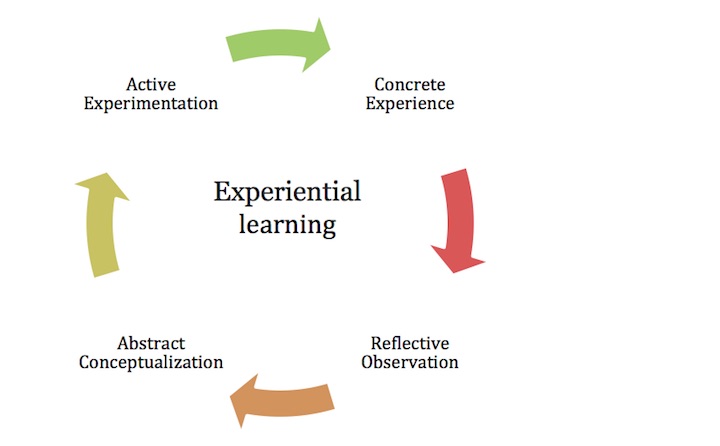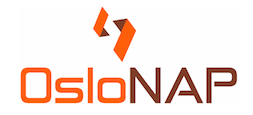I had a short chat yesterday and got a question: how effectuation is connected to experiential learning. It was a question from a researcher that you might see it is a bit academical. However, it is helpful when applying to practical cases.
Definition of experiential learning
A quick definition of experiential learning is a learning style that you can build your knowledge/experiences with experiments. One of the well-known models is David Kolb’s Experiential Learning Model (ELM). Doing testing, reviewing the results and building experiences from those experiments.

Then, how can it help in practical?
When Amazon started in 1995, they invited friends, who either had computer experiences or not, to test their online order process. The results showed that many items from that were in their list already. However, it helped Amazon’s developers decide the priority of what they needed to fix first. In addition, as those beta testers knew Amazon system already, Jeff Bezos asked them to spread their words to the world (Spector, 2002). You can easily recognize the same process in many software companies nowadays. There are multiple alpha, beta and release candidate versions before the final one.
From Sarasvathy’s research with a group of entrepreneurs in the late of 1990s, she concluded that expert entrepreneurs spend more time on doing what they can control, working with people who make real commitments in building new means and goals from what they know. They do not just sit down and try to predict their future. Instead, they have actual actions to realize their ideas, bring their products to markets. Obviously, they can learn from those situations via customers’ feedbacks.
Last year, when I worked with a customer in Oslo providing crowd funding platform, the entrepreneur knew that they needed to improve their system. However, it was more complicated than just a simple order process, and they needed to have real cases running on the platform, to find out exactly what they had to change.
Those entrepreneurs applied effectuation framework accidentally or intentionally.
In the effectuation framework, one of the principles is named bird-in-hand: entrepreneurs start with what they know, whom they know and who they are. They know exactly how can use their knowledge, their relationships in creating a new product, a new market. During the creation process, they always review and adjust, if needed. From that, even a new product can be found without any pre-plan, or they can able to create more options for the next testing. Moreover, they could not see that new product without doing real experiments.
Now, I am sure that you can see the connection between effectuation and experiential learning style. And how it can help in practical business activities.
It is not a wise advice saying you just do anything without planning. Don’t get me wrong. You still need to plan. However, when you think about a new product or a new market, you can spend few minutes in quick thoughts. Think about the bird-in-hand principle, how it is related to that new product or market. Is that a testable idea?
References:
- Sarasvathy, S. D. (2001). “What makes entrepreneurs entrepreneurial.”
- Spector, R. (2002). Amazon.com: Get Big Fast, HapperBusiness.
